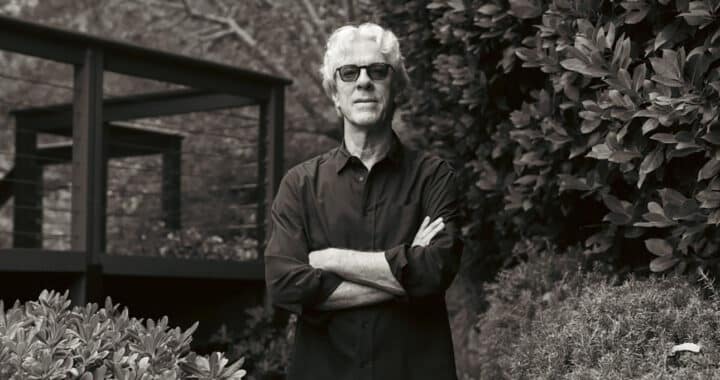
American 1970s Power Poppers Go ‘Looking For the Magic’
Power pop has to have some punch. This can be manifested in different ways but is frequently through a hook-laden electric guitar line.

Power pop has to have some punch. This can be manifested in different ways but is frequently through a hook-laden electric guitar line.

Albums like Radiohead’s OK Computer signaled a change in the world of alternative rock. R.E.M. rose to the challenge to evolve or die with Up.

During their heyday, Supertramp created a run of progressive-pop albums so intricate and irresistibly catchy, as to redefine what AOR radio could sound like.

Keep Walkin’ looks to expand on the legend of Nancy Sinatra because so much of her musical legacy is tied up in her mythology as a celebrity or an image.

Forget “Monster Mash”! These ten memorable campfire frightfests should deliver a solid foundation for your scary-yet-sophisticated Halloween.

Joni Mitchell’s Archives Vol. 3: The Asylum Years (1972-1975) is a towering achievement and the live concert performances are a special treat.

In his brief folk singer-songwriter career, Harry Chapin’s philosophy of symbolic action challenged the American status quo on behalf of those suffering from indifference.

The liveliness of Terra Lightfoot’s singing and playing infectiously charms her songs even when the stories told describe what may be pathological behavior.

Stewart Copeland and the Hazelrigg Brothers remind us that the Police’s body of work is ripe for reinvention. But do they go far enough?

Flat Mary Road break through with Little Realities and deliver jangly, hook-laden power-pop with a touch of Harry Chapin thrown in for good measure.

Molly Burch’s Daydreamer succeeds because of its multilevel approach. She has an enchanting voice that can be touching and stoic simultaneously.

With Clics Modernos, Charly García veered away from overt political commentary in favor of taking it to the dance floor. Puzzled fans – even the album cover screamed post-modernism – didn’t hold back their outrage.